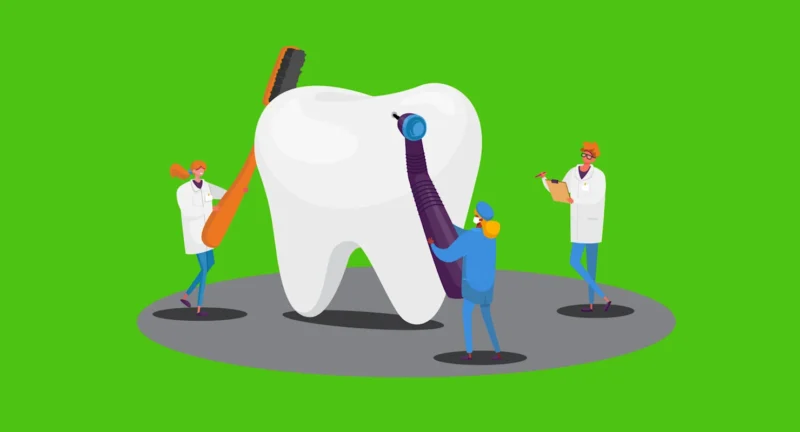The Importance of Good Oral Health
Everyone feels low from time to time, so it’s not always easy to know when it is part-and-parcel of daily life, and when it’s time to seek help. In most cases, it is short-term and self-correcting, but for a significant minority this is not the case. For those individuals, it is important to seek treatment just as you would any other health condition. Here we discuss ten warning signs which, together, might indicate that it’s time to seek professional help.
What are the signs?
- Bad Breath (Halitosis): Persistent bad breath may be a sign of underlying dental issues.
- Bleeding Gums: Gums that bleed easily, especially during brushing or flossing, could be a sign of gum disease.
- Tooth Pain or Sensitivity: Persistent tooth pain or sensitivity to hot, cold, or sweet foods may indicate dental problems.
- Swollen or Red Gums: Inflammation or redness of the gums can be a sign of gingivitis or gum disease.
- Loose Teeth: Teeth that feel loose or a change in the way your teeth fit together could be a sign of gum disease or other issues.
- Receding Gums: Gums that are pulling away from the teeth may suggest gum disease or improper oral care.
- Changes in Tooth Color: Discoloration or darkening of the teeth may indicate decay or other dental problems.
- Persistent Dry Mouth: Lack of saliva can contribute to dental issues, as saliva helps neutralize acids and protect against cavities.
- White Spots on Teeth: White spots may indicate early signs of decay.
- Difficulty Chewing or Swallowing: Oral health issues can affect your ability to chew food properly.

In summary, maintaining good oral health is not only crucial for preventing dental problems but also for promoting overall health and a better quality of life. Regular dental check-ups, proper oral hygiene practices, and a healthy lifestyle all play integral roles in achieving and maintaining good oral health.
“Smile, it’s the key that fits the lock on everyone’s hearts.
– Robert Frost
Can my smile be restored?
Yes, many dental issues that affect your smile can often be addressed and improved through various dental treatments. Whether you’re dealing with issues like discoloration, misalignment, missing teeth, or other cosmetic concerns, modern dentistry offers a range of procedures to help restore and enhance your smile. Cosmetic dentistry options may include teeth whitening, veneers, dental implants, braces, and more. It’s best to consult with a dentist who can assess your specific needs and recommend suitable treatments for smile restoration..
Related Posts
The Importance of Good Oral Health
January 15, 2024
Everyone feels low from time to time, so it’s not always easy to know when it is...

